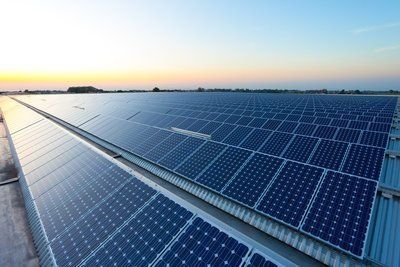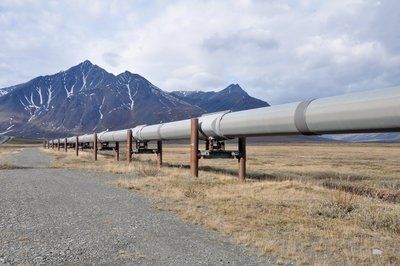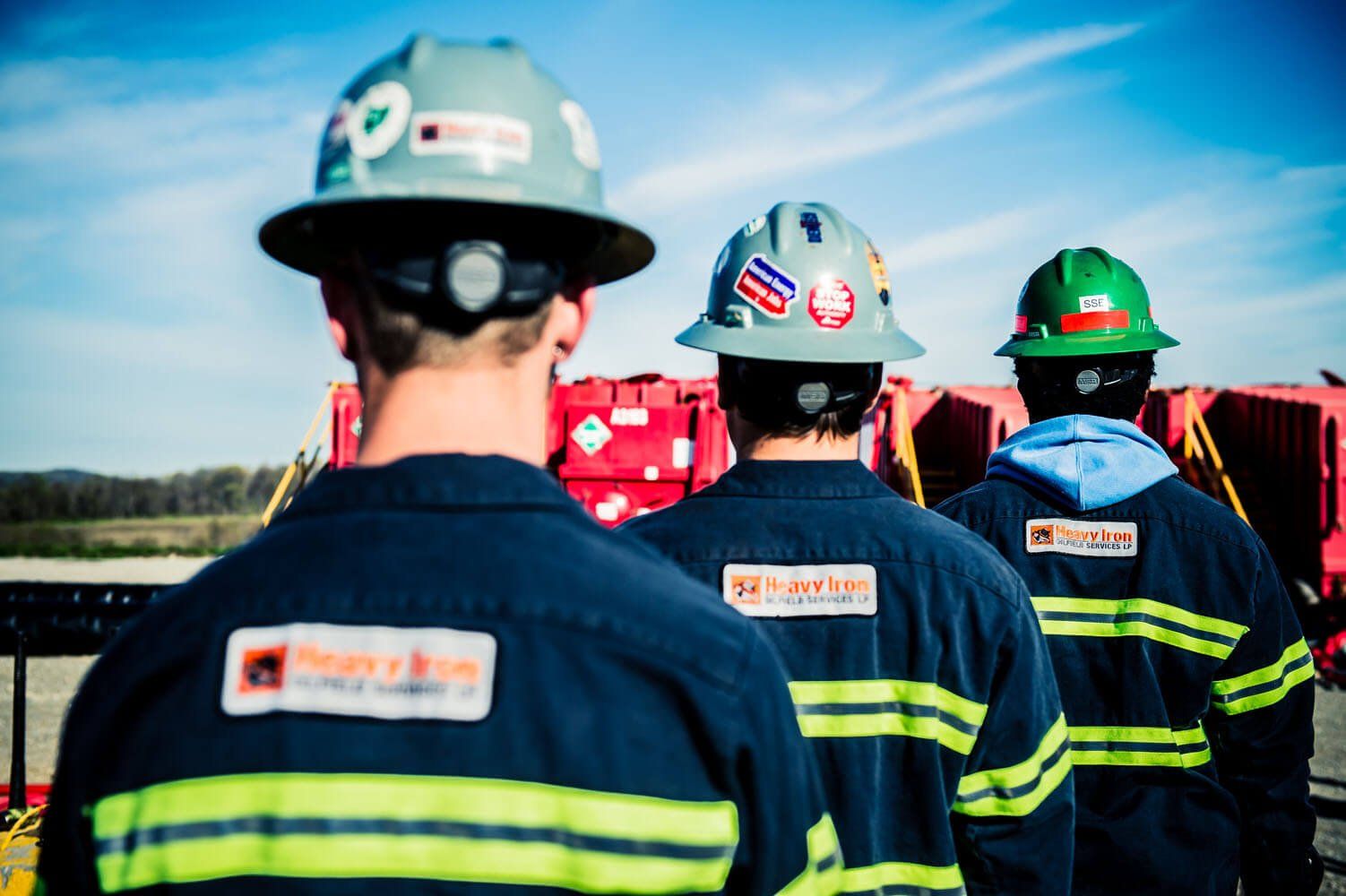HEAVY IRON NEWS
Will New DEP Regulations Affect Marcellus Shale?
- By Design Team
- •
- 26 Jan, 2016

THE COSTS OF COMPLIANCE
It had previously been estimated that the cost of compliance will range between $53,000 to $75,000 per year, but experts believe that these new regulations have significantly overshot. Instead, it's believed that complying to these regulations will cost between $6 million to $31 million a year. The first three years may cost up to $73 million, as organizations will need to quickly move into compliance. These costs are a more significant blow to the oil and gas industry than they would have been even a decade prior, and many are blaming the fact that oil and gas drillers were not involved or consulted at all during the development of the new regulations.
The modern oil and gas industry is weakened due to lowered domestic and international prices, and increased operational costs may shut down domestic producers and lead to a renewed dominance in for foreign imports. The natural gas industry has not only been instrumental to the economy's recovery, but has also aided environmentalist causes; natural gas is far preferable to many other fuel sources such as coal. Experts believe that these new regulations will ultimately be harmful to the local economy and the once thriving domestic oil and gas industry. And though higher costs had been hinted at in the past, there was no warning that they would amount to millions a year.
CRITICISMS LEVIED AGAINST THE DEP
Major criticisms levied against the DEP relate to the ways in which these regulations were derived. The Marcellus Shale Coalition has criticized the DEP for not consulting with Marcellus Shale drillers regarding these regulations before setting them. Consequently, regulations were developed that may have been unnecessary or that may not work properly within the industry and its infrastructure.
By creating what is viewed as an uneducated and uninformed set of regulations, it's believed that the DEP may not be appropriately increasing safety but may instead be providing more barriers to operations. There have also been questions regarding whether the DEP can truly enforce these regulations in Pennsylvania or whether there may be issues between state and federal jurisdictions.
New regulatory standards will only harm natural gas production at a time when the companies involved are particularly vulnerable. The Marcellus Shale Coalition has not been against new regulations but instead has asked to be allowed input into the regulatory process, something that only drillers have expertise in. For more information about the modern oil and gas industry, contact Heavy Iron Oilfield Services, LLP.
Subscribe to Email Updates
Recent Post

| A new project in development in Oman may be able to revolutionize the way that people think about solar energy and oil and gas. The Miraah project currently being developed will use solar power in order to produce oil, thereby reducing the amount of natural gas Oman residences will need to rely upon. Ideally, the Miraah project will be able to address many of the outstanding issues with solar technology related to energy capture, while creating a more efficient and effective method of oil production. |








